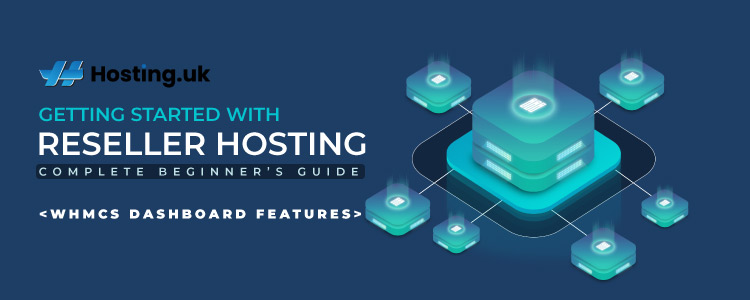The WHMCS Platform is used by Reseller Hosting providers and domain registrar businesses to automate their day to day operations. WHMCS Simplifies the various tasks a reseller will have to undertake such as Manging orders, clients, bills etc. To streamline your process, we have outlined below various WHMCS dashboard features you can use.
Table of Contents
Automate Web Hosting
The WHMCS panel allows you to automate the web hosting life-cycle for your customers. From within WHMCS you can create, suspend, provision and terminate hosting packages. If required, within the panel you can manually assign these packages to a client.
Not to mention the WHMCS panel supports various other hosting panels that can be easily integrated so clients can better manage their orders. The range of panels supported include cPanel, Plesk, DirectAdmin, InterWorx and many more.
cPanel web hosting servers can be synchronized to import accounts and to configure options and addons. With the self-service client portal customers are able to manage their own web hosting packages. Also included are statistics for disk and bandwidth usage.
The option to group commonly used services is available so you can create bundles of products and services.
Domain Management
From within the WHMCS panel you can manage your domain registrations. Because WHMCS has various 3rd party integrations you are able to make money by reselling domain names. The options available allow you to check domain name availability, manage nameservers and automate customer renewals. Not to mention your customers are able to manage their own products purchased from your business.
Billing
The WHMCS Billing section lets you Generate Invoices, Manage Payments, Send Payment reminders to customers, manage billing cycles, generate and send quotes, send email reminders and add additional credit to a customer’s account that is used to fund a specific order. Not to mention WHMCS supports Multi-Currency invoicing.
Support
The built-in support module allows you to manage various customer needs and to help them with their services. Customers can contact you for support via the ticketing system. You or your agents can then respond via email or by the web. Tickets are assignable to agent’s based on their expertise and the customers need. You can collect information on the customers issue from custom fields and attachments.
If you wish to notify all customers then use the Announcement section where posts can be created about new products/services or to inform users about downtime.
